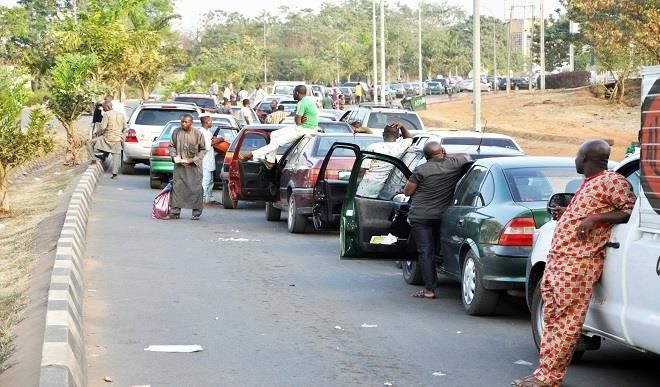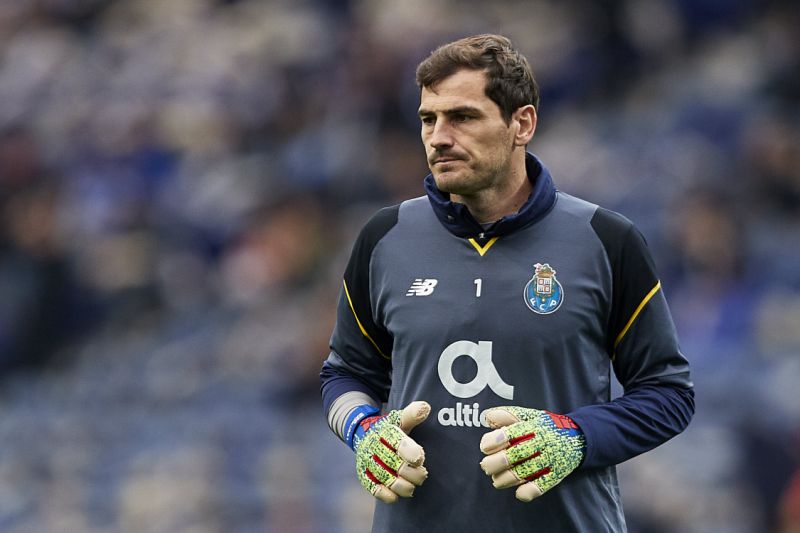The lingering petrol scarcity which improved slightly on Wednesday in Abuja, however, degenerated to a worrisome level on Thursday, leaving the entire city in a chaotic state.
Motorists woke to a rude shock as virtually all filling stations claimed to have run out of petrol.
The development was a sharp contrast with the claims by the Nigerian National Petroleum Corporation (NNPC) that it has increased the number of petrol tankers destined for the Federal Capital Territory to 170 trucks daily and Lagos, 300.
The worrisome development has begun to affect commercial activities in the nation’s capital as most workers and businessmen leave their duty posts to search for petrol.
Fears are rife that the lingering scarcity may drain the joy of Christmas and New Year celebrations since it appears the challenge has overwhelmed the government.
Within Abuja metropolis, about 10 filling stations monitored between Wuse Zone 1, 2 and 3, had scary queues that stretched almost half a kilometre.
Around Zone 1, Oando and NNPC mega stations sold petrol but desperate motorists blocked two lanes on the dual carriage highway, causing terrible traffic snarl.
In Lagos, the queues and scamper for fuel are not in any way getting better as filling stations are still struggling with supplies.
For the few ones selling rationing of petroleum product was the order of the day as most marketers are finding it difficult to get product at the depots in Apapa.
The situation may further be compounded from today as most people will be travelling outside Lagos in preparation for Christmas and New Year.
But, the Group Managing Director of the Nigerian National Petroleum Corporation (NNPC), Dr. Maikanti Baru, said that the Corporation has doubled its daily supply of petrol, from daily 700 trucks (about 27million – 30million) litres per day supply to 80million litres per day since the current hiccup in the supply chain was noticed a few days back.
The GMD attributed the hiccups in the supply of petrol to rumours about purported planned increase in the price of petrol.
He stated that some marketers, in their quest to cash in on the situation, suddenly started hoarding products.
“But we swiftly swung into action by doubling our supply nationwide. At the time the rumour started, we had about 30 day sufficiency. The normal daily supply to the nation is 700 trucks, equaling about 27-30m litres per day.
He further informed Nigerians that the NNPC has enough products sufficiency that will last up to 30 days.
Baru said that at least a billion litre petrol laden cargoes were heading to Nigeria’s shores at the end of December which he noted would return the country to a 30-day-plus sufficiency.
Meanwhile, Kwara State Governor, Abdulfatah Ahmed, yesterday warned petroleum marketers against hoarding of fuel and other infractions or be ready to face the full wrath of the law.
Speaking at the monthly meeting of the All Progressives Congress, APC, stakeholders held at the banquet hall, Ilorin, the governor assured the people of the state that the government would partner the Department of Petroleum Resources (DPR), in checking sharp practices in the petroleum industry.
Ahmed called on all stakeholders in the industry to ensure that products procured are properly dispensed in order not to cause untold hardship on the masses.




